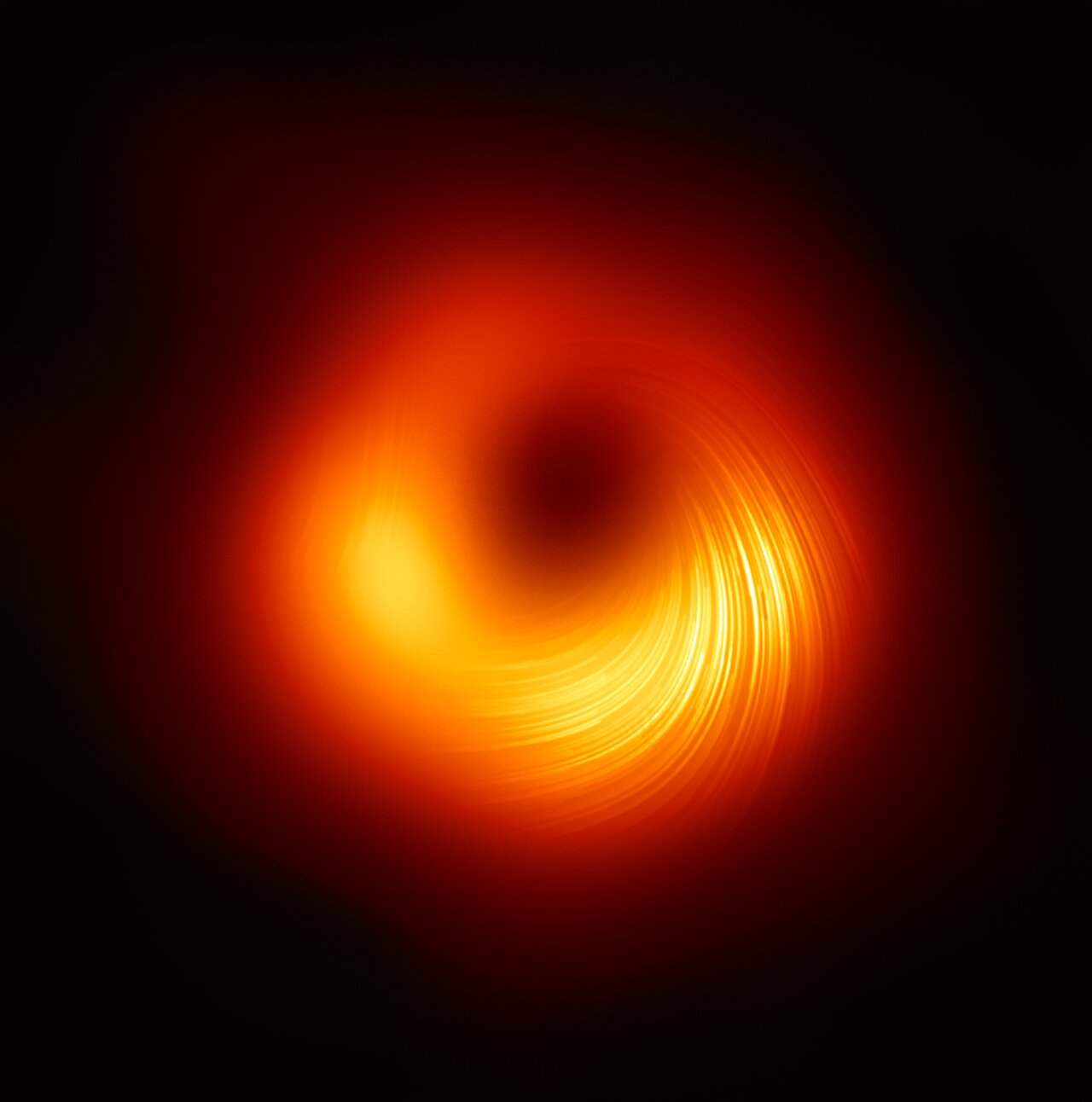















Black hole symmetry
Gravity
Kerr black holes enjoy massive higher-spin gauge symmetry
Kerr black holes are rotating, uncharged solutions to the field equations of general relativity. Described in 1963, these black holes were only directly observed by LIGO in 2015. We reproduce the known scattering amplitudes of a Kerr black hole by modelling one as a spinning fundamental particle using effective field theory, and suggest this approach may yield a more general description of their dynamics in future.